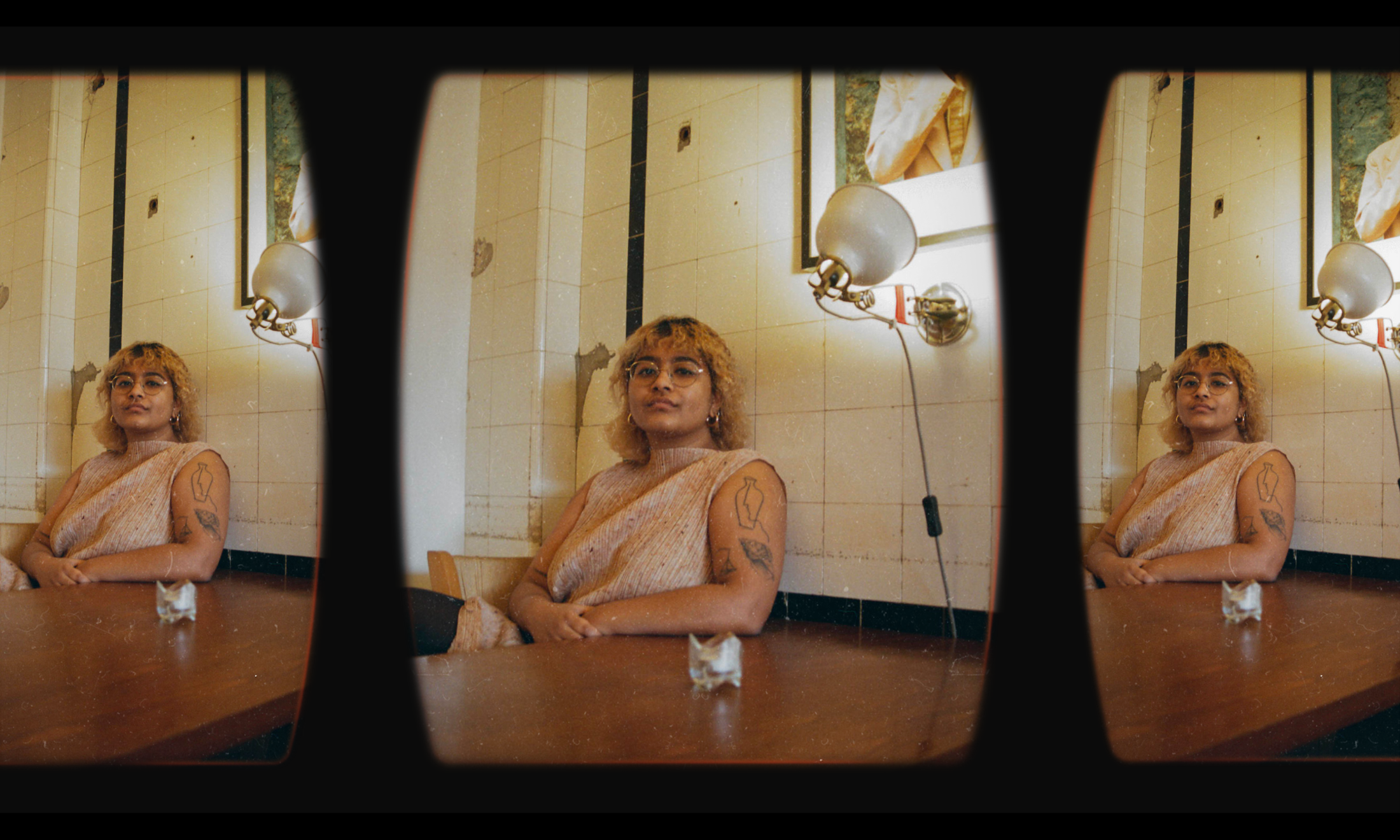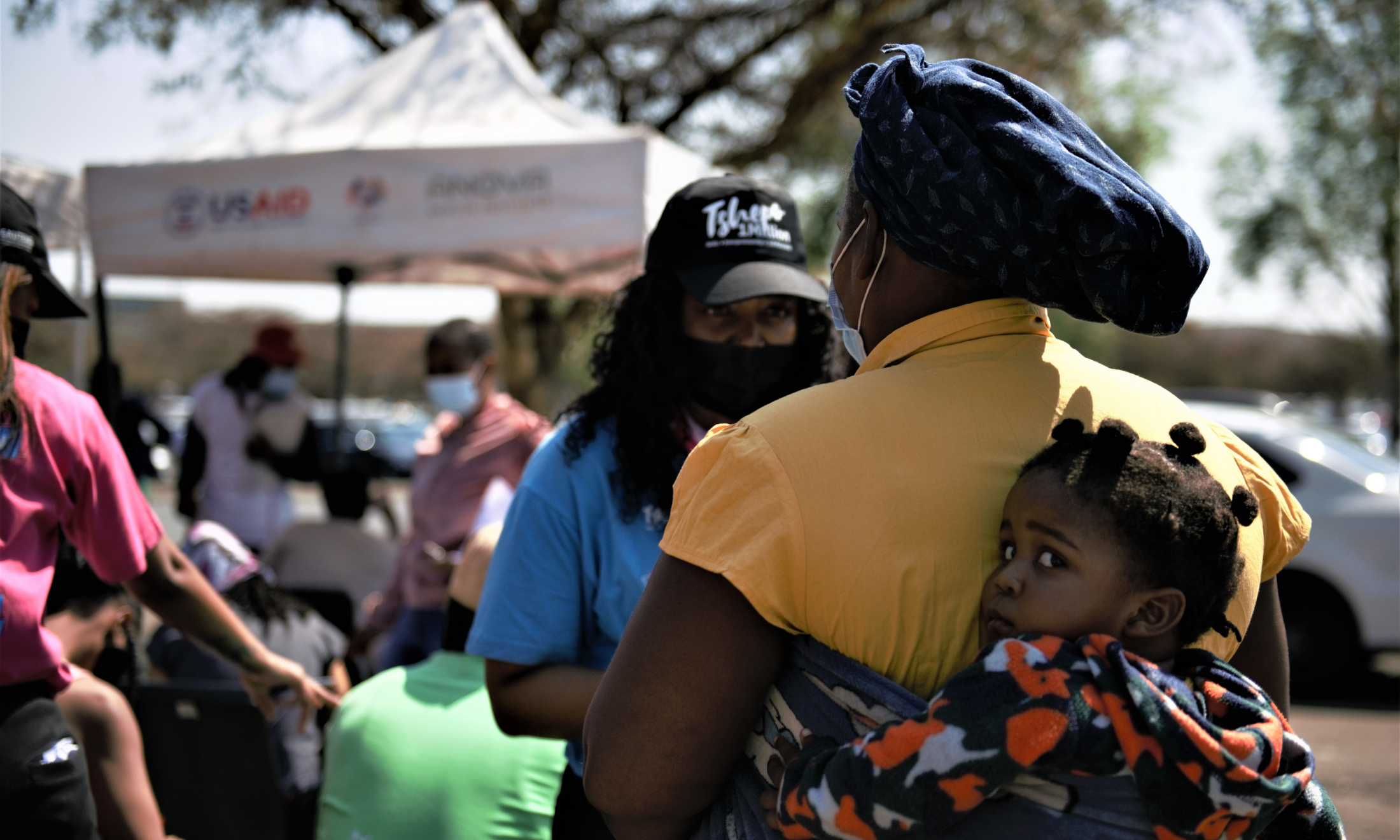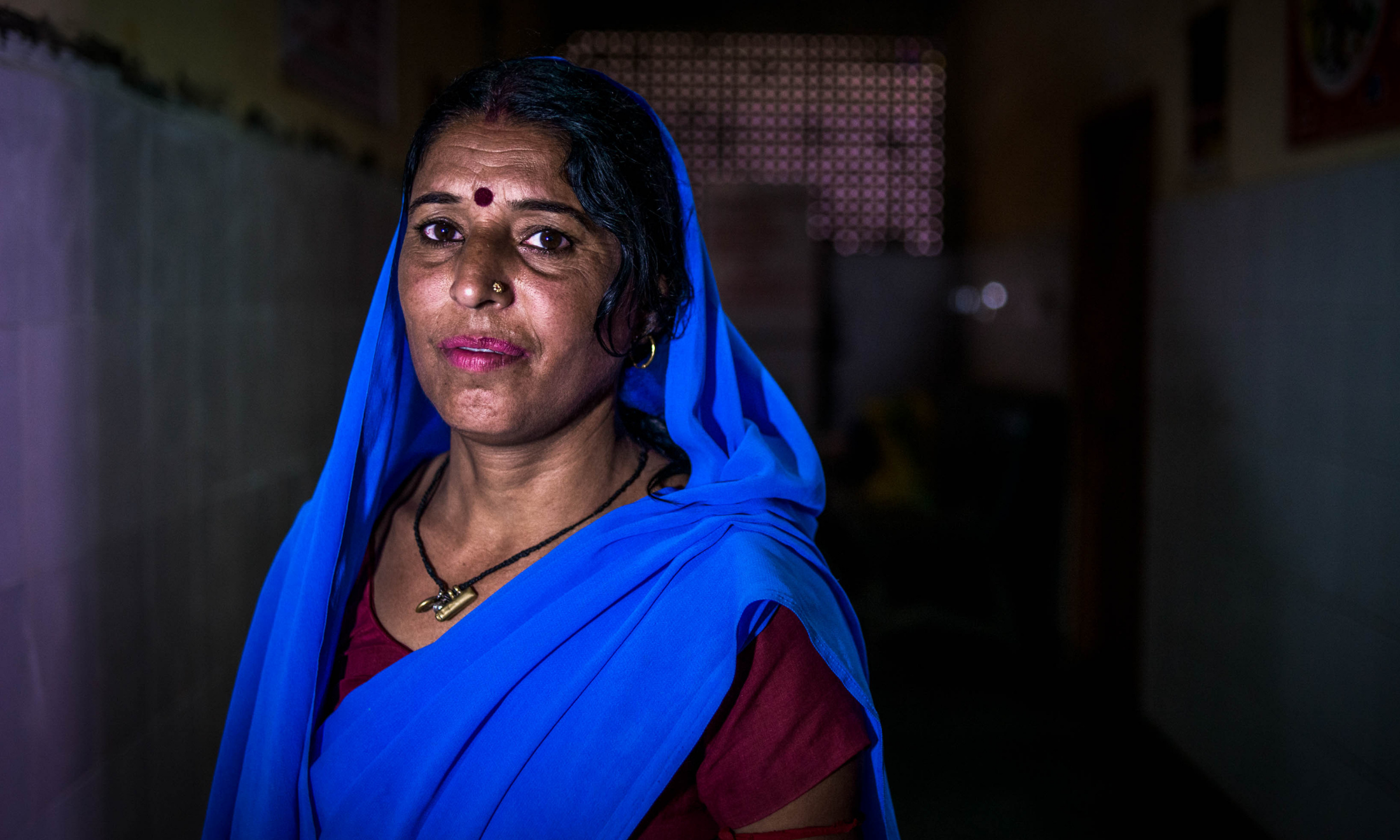
The rise of black-owned food businesses since Covid-19
From an independent community grocer to an insta-pro cake-maker, this is how black-owned food business owners powered through the pandemic and made the best of the nation's altered relationship with food.
Niellah Arboine
11 Aug 2020
From sourdough starters to pasta hoarding, undoubtedly for many of us, food has been at the centre of our universes since the beginning of the pandemic. When you’re scared for your future, can’t go out, can’t socialise and your life has been disrupted in the most terrifying way possible, there is always food. A confidant, comfort and the reason for a solid daily routine, food has felt like a delightful respite.
Quite quickly in lockdown the overarching, steady presence of online food delivery businesses began to be felt, and black food businesses in particular were given their time to shine. They harnessed the power of community, bolstered in recent months by a global campaigns on social media encouraging people to do more to support businesses owned by black people, like Black Pound Day. From Jamaican aunties getting their food on Deliveroo for the first time to the dozens of black cake-makers promising the most delicious, nostalgic primary school sprinkle cake ever tasted (and the debate that followed on social media after customers complained of being ripped off), lockdown fostered hustle and creativity.
Peigh Asante from London set up the community grocers Trap Fruits London in December 2019 with business partner Baff Addae. Starting your own business and maintaining it from home during a global pandemic isn’t an easy task, but business has been booming. Peigh still had a freelance job at the start of lockdown, meaning he would have to spend the early hours of the morning buying fruit from the wholesalers and packing them in his home before starting Zoom meetings for 9.30am. “My space never felt like my space, because there was constantly fruit and boxes everywhere. On top of that, I felt quite tired, that was tough.”
“It’s a family business, I want everyone to prosper”
Trap Fruits began after Peigh’s journey into veganism brought him to a newfound love of creamy custard apples. “I was chasing that high, trying to buy it anywhere I could,” he says, chuckling. He eventually found his beloved custard apples in Peckham, selling for steep £5 per fruit. His friend gifted him a light bulb moment: why didn’t he just buy them wholesale? So they set off to a fruit wholesaler and bought a tonne. “Without us even knowing it, that trip was a research and development trip. We went to buy fruit for ourselves and as a result, started a business,” he says. The team sells a mixture of tangerines, pineapple, grapes, bananas, mangos and, of course, custard apples straight to your door. Not a powdery apple in sight.
The goal for Trap Fruits is to serve the community quality fruit and educate them on the fruit. “People are used to going to their local supermarket and getting fruit, it’s not fresh, it’s been in transit for weeks sometimes months,” he explains. His other immediate hope is to provide job opportunities. “It’s a family business, I want everyone to prosper.”
The success of black-owned food businesses during lockdown didn’t happen in isolation. I can basically pinpoint moments of the pandemic through food alone.
In March, restaurants, pubs and bars shut. Communities came together to make meals on wheels, or go food shopping for those at risk. There were growing fears for children who needed free school meals outside of term time. The demand for goods from food banks tripled. At the start of April, Dalgona coffee, known as “quarantine coffee” and popularised in South Korea, also took off on TikTok as everyone challenged themselves to whip up an instant coffee. Later in the month, restaurants like Nandos and Wagamas gave up their secret ingredients and put tutorials online for katsu curry and spicy rice.
By June, the quirky food platform Bon Appetit was under fire for treating their black and brown staff as dispensable, and haven’t uploaded a video since. In the same month, instead of the government stepping in, Manchester United footballer Marcus Rashford successfully ended a campaign to get about 1.3m children in England free school meals vouchers. Now in August, just as things are starting to open up, the mainstream hospitality industry suffered a heavy blow – restaurant chain Pizza Express closed taking 17,000 jobs with it.
“The food industry in the UK is a complex ecosystem that wasn’t created by or for us”
Alongside all of this, black businesses, entrepreneurs and community leaders were working behind the scenes to support the community. Belly Full writer Riaz Phillips created e-cookbook Community Cooking, to lift our spirits and lean into our comforts, with funds going directly to people of colour disproportionately affected by the pandemic. “The food industry in the UK is a complex ecosystem that wasn’t created by or for us, even though it has benefitted for a long time of exploitation,” Riaz explains. After struggling to get his foot in the door of publishing houses for his first book, he decided to self-publish. “As a result, we are frequently left on the fringes.”
If you’ve ever watched BBC’s Masterchef, you’ve probably seen the judges weep tears of joy over a potato fondant, bland-looking meat and some shaved heritage carrots with their stalks still on – yes, glorified meat and two veg. In the same breath, they critique black and brown contestants’ dishes for being a bit too spicy or not refined enough. Since the cooking competition began in 2005, a black person has never won Masterchef. It’s no doubt that the food industry elites often favour European cuisine with a classical French-based professional culinary background, or cuisines reshaped and bastardised to fit into that box.
Only 6% of Michelin-starred restaurants in the UK are led by black and South Asian chefs, and there are more men called Tom on the very white list of UK Michelin star chefs than there are black women. When, in May, Evening Standard’s campaign to support London’s hospitality industry during Covid-19, released a poem with “sixty-four celebrity chefs, food writers and restaurateurs” to raise money for the industry, you might have believed that black people don’t cook food or live in London at all. But if, like me, you enjoy flavour and seasoning, veering away from what is seen as “traditional dining” from “traditional chefs” in the UK, especially in London, opens your palate to a world of taste. And lockdown gave us just that.
A whole underground food scene of black home cooks using Instagram to make and sell food and produce came to light in lockdown. For many black chefs, bakers, grocers, and food writers, carving out space in an industry that ignores you sometimes has to be a DIY job and it’s even been highlighted on the cooking show InstaChef, and through pioneers like The Trap Kitchen and Bleu Kitchen in the US. And the trend has started in the UK too, giving people the freedom to work for themselves and in their own spaces. Trap Kitchen in the UK, for example, started in a housing estate in Camberwell before opening their own restaurant.
Although there may be concerns about the legitimacy of a social media food business, all food businesses in the UK have to be registered including catering businesses run from home, mobile catering and temporary businesses. Luckily, it’s free to register and your registration cannot be refused.
“The pandemic has forced me to bring my plans forward by quite a bit”
And it’s not just home cooks using Instagram. Since the global pandemic began, there has been an influx of chefs unable to cook in restaurants starting up their own Insta chef businesses.
Adiyatu Sambu Balde, the founder of Yatu’s Bakery, already had 10 years of experience under her belt when she set up her business. She was initially inspired by Lorraine Pascale – one of the few black cooks on TV – to take up baking as a career. Although she was working full time as a pastry chef, starting her own bakery and working for herself was always the mission.
“Due to the pandemic I lost the job I was due to start in March this year,” she says. “The pandemic has forced me to bring my plans forward by quite a bit. So I am now running the bakery full time.” One scroll on Yatu’s Bakery will have your sweet tooth salivating – from her caramelised pasteis de nata to ornate cakes topped with perfect pastel macaroons and flowers, her bakes look incredible.
And while she has the luxury of working from her own kitchen, Adiyatu shares her space with other people and has to be mindful when it comes to making too much noise or taking up too much kitchen space. “It’s also a lonely process,” she admits. “I can plan my day if I have to bake or decorate but it can be overwhelming doing everything yourself.”
Working from home and for herself has done wonders for Adiyatu’s mental and physical health. “While Gordan Ramsay’s shows are exaggerated for entertainment there’s some truth to having a screaming chef in your face calling you names and making you feel worthless,” Adiyatu admits. And getting the work-life balance, in a career that has so little breaks, is also a difficult feat.
She has plans to have her own cafe one day with a focus on bringing the local community together through food. “As well as sell the usual cake and coffee, I’d like to teach baking classes and host internships for young people of colour.”
“These last few months have shown me how supportive the black community is,” Yatu says. ‘How well we come together to support each other and our businesses and it’s helped me in my decision to run the bakery full time.”
Since the resurgence of the Black Lives Matter movement this year, finding new ways to support black people and their livelihoods, as well as calling out businesses that don’t, have come to the foreground. On 27 June, the UK celebrated its first Black Pound Day, created by Swiss from So Solid Crew, in support of black business and communities Swiss took to his Instagram to thank his Black Pound Day team and proclaimed “it’s a movement not a moment”.
“I think people want to support small business now more so than ever,” says Peigh. “I think that we are a black-owned business has a part to play in it.”
However, with the government encouraging everyone “to eat out to help out” to boost the economy, the worry is the small independent black businesses, which fuelled us through the pandemic but are unable to use the government scheme, could be left behind. “Yeah, there are some concerns for us, because I feel the peak for us was peak lockdown,” Peigh admits. But because of their subscription service business is still at a steady flow. “The concerns aren’t major enough for me to think I’m quitting this game, no way.”
Adiyatu’s not too worried about the future either. “I’m not sure how it will affect me personally,” she says. “I feel like people still need a cake at the end of the day.”









